Carbon Exchange Comparison Tool
Select your priorities to see which carbon crypto exchange best matches your needs based on the article's comparison criteria.
Recommended Platform
Buying and selling carbon credits used to be a slow, paper-heavy process dominated by big corporations and brokers. But in 2025, that’s changing fast. Thanks to blockchain, carbon credits are now digital assets you can trade like cryptocurrency. If you’ve heard of carbon crypto exchange, you’re not alone-this space is exploding. But not all platforms are built the same. Some feel like Wall Street with blockchain glue. Others are pure DeFi experiments. This review cuts through the noise and shows you exactly how these exchanges work, who they’re for, and which ones actually deliver value.
What Is a Carbon Crypto Exchange?
A carbon crypto exchange lets you trade tokenized carbon credits-digital versions of real-world carbon offsets. Each token represents one ton of CO2 that was either removed from the atmosphere or prevented from being emitted. These tokens live on blockchains, making them easy to buy, sell, and track in real time. Unlike traditional carbon markets where transactions take weeks and paperwork is endless, blockchain cuts settlement time to minutes. You don’t need a broker. You don’t need a lawyer. You just need a wallet.The big shift? Carbon credits are no longer just for corporate ESG reports. They’re becoming financial assets. You can use them as collateral in DeFi loans. You can earn yield by staking them. You can even automate offsets when you send crypto transactions. This isn’t science fiction-it’s live on platforms like Toucan Protocol and AirCarbon Exchange right now.
Toucan Protocol: The DeFi-Focused Carbon Builder
If you’re already deep into crypto-using MetaMask, swapping tokens on Uniswap, or farming yield-Toucan Protocol is your gateway to carbon. Founded in Berlin in 2020, it doesn’t just trade carbon. It rebuilds it for DeFi. Toucan’s system turns verified carbon credits from registries like Verra and Gold Standard into digital tokens called TCO2. Each TCO2 is tied to one real ton of CO2 reduction, locked in a smart contract.What makes Toucan different? Programmability. You can use TCO2 in other DeFi apps. Want to borrow $10,000? Deposit TCO2 as collateral. Want to earn 5% APY? Stake it in a liquidity pool. Want to automatically offset every Ethereum transaction you make? Build a smart contract that buys TCO2 every time you send ETH. That’s the power of open finance.
But there’s a catch. Toucan is built for developers and crypto-native users. If you’ve never connected a wallet or paid gas fees, you’ll need to learn first. The interface isn’t polished like Coinbase. It’s functional, transparent, and a little technical. But if you care about true decentralization and want carbon to be part of the future of money, Toucan is where the innovation is happening.
AirCarbon Exchange (ACX): The Institutional Bridge
If Toucan feels like a startup garage, AirCarbon Exchange (ACX) feels like a trading floor in Singapore. Launched in 2019, ACX brings traditional commodities trading to carbon markets-but with blockchain underneath. It’s designed for hedge funds, asset managers, and corporations that need reliability, not experimentation.ACX doesn’t just tokenize carbon. It securitizes it. Instead of buying one credit from a single project, you can trade baskets of credits grouped by region, type, or vintage. This reduces risk and makes pricing more stable. Every digital receipt on ACX is backed 1:1 by a real carbon credit stored in a trusted vault. The platform uses blockchain for audit trails and settlement speed, but keeps the trading experience familiar-limit orders, market depth charts, and institutional-grade security.
ACX’s biggest advantage? Low fees. Because it automates settlement via blockchain, it cuts out middlemen. Traditional carbon trading can cost 5-10% in fees. ACX charges under 0.5%. That’s a game-changer for high-volume traders. It’s also compliant with Singapore’s financial regulations, making it one of the few carbon platforms trusted by institutional investors.
But if you’re looking to integrate carbon into DeFi or build automated offset tools, ACX won’t help. It’s a trading platform, not a development environment. Think of it as the NYSE for carbon-not the Ethereum network.
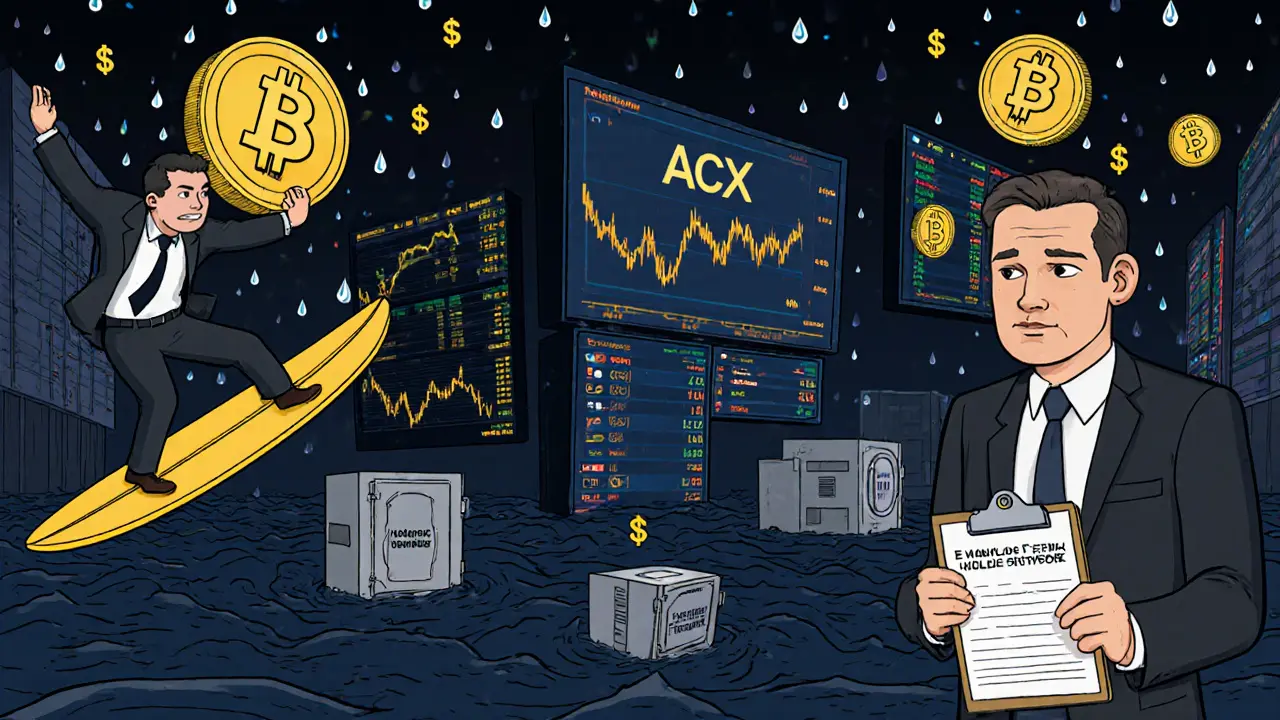
How Do These Platforms Compare?
| Feature | Toucan Protocol | AirCarbon Exchange (ACX) |
|---|---|---|
| Primary Audience | DeFi users, developers, crypto natives | Institutional traders, corporations, asset managers |
| Token Type | TCO2 (ERC-20 on Ethereum) | ACX Carbon Tokens (on private blockchain) |
| Underlying Credits | Verra, Gold Standard, others | Verra, Gold Standard, Verified Carbon Standard |
| Trading Interface | Decentralized, wallet-based | Centralized, professional trading platform |
| Smart Contract Use | Core to everything-tokenization, lending, automation | Used only for settlement and audit |
| Fees | Gas fees + small protocol fee | Under 0.5% per trade |
| Integration with DeFi | Yes-works with Uniswap, Aave, Compound | No-closed ecosystem |
| Regulatory Status | Decentralized, minimal oversight | Compliant with Singapore FSA |
There’s no single “best” platform. It depends on your goal. Are you trying to build the next climate-focused DeFi app? Go with Toucan. Are you a company needing to offset 10,000 tons of CO2 with low fees and audit-proof records? ACX is your pick. They’re not competitors-they’re complementary.
Why This Matters Beyond Trading
Carbon crypto exchanges aren’t just about making money. They’re fixing a broken system. Traditional carbon markets have long suffered from opacity. Companies bought credits from shady projects. No one knew if the offsets were real. Settlement took months. Fraud was common.Blockchain changes that. Every token has a public history. You can trace a TCO2 token back to the reforestation project in Kenya or the wind farm in India. Registries like Verra still verify the credits, but now the chain of custody is digital and tamper-proof. That builds trust.
And it’s not just about big players anymore. Small businesses, individuals, even crypto gamers can now participate. A Shopify store owner can buy a few TCO2 tokens to offset their website’s energy use. A gamer can auto-offset their Ethereum NFT purchases. This democratization is the real win.

Security and Risks
No system is perfect. With carbon crypto exchanges, the biggest risks are smart contract bugs, custody failures, and regulatory crackdowns.Toucan has had its share of scrutiny. In 2023, a bug in one of its bridge contracts led to a temporary freeze of $18 million in TCO2. The team fixed it quickly and reimbursed users. That’s the nature of DeFi-fast innovation, but higher risk.
ACX, being centralized and regulated, avoids many of these issues. But it introduces a different risk: single point of failure. If ACX’s servers go down, trading stops. If regulators change their mind, your tokens could be frozen.
Always do your own research. Check if the platform audits its smart contracts publicly. Look for third-party reports from firms like CertiK or OpenZeppelin. And never put more money into carbon tokens than you’re willing to lose.
Who Should Use These Platforms?
- Use Toucan Protocol if: You’re comfortable with crypto wallets, want to use carbon in DeFi, or are building climate tech. You value decentralization over convenience.
- Use AirCarbon Exchange if: You’re a business, fund, or trader who needs low fees, regulatory compliance, and institutional tools. You want reliability, not experimentation.
- Avoid both if: You’re looking for a simple way to buy carbon credits with a credit card. These aren’t retail platforms like Etsy or Amazon. You need to understand blockchain basics first.
There’s no shame in starting small. Buy one TCO2 token on Toucan. See how it works. Then try a trade on ACX. Compare the experience. You’ll learn more in an hour than reading ten articles.
The Future of Carbon Trading
By 2030, the global carbon market could be worth over $500 billion. Tokenization will be the engine driving that growth. More governments will require companies to report emissions-and buy offsets. More DeFi protocols will bake carbon into their logic. We’re already seeing it: carbon-backed stablecoins, carbon yield pools, even carbon-based NFTs.The winners won’t be the loudest. They’ll be the most trustworthy. Platforms that combine real environmental impact with solid tech and transparency will dominate. Toucan and ACX are leading the pack-not because they’re perfect, but because they’re solving real problems.
Carbon credits are no longer just a checkbox for corporate reports. They’re becoming a new asset class. And if you understand how to trade them, you’re not just investing in crypto-you’re investing in the planet’s future.
Are carbon crypto exchanges legitimate?
Yes, but only if you use verified platforms. Toucan Protocol and AirCarbon Exchange both back their tokens with credits from trusted registries like Verra and Gold Standard. These registries audit projects to ensure real emissions reductions. Always check if the exchange discloses its credit sources and provides public proof of backing.
Can I make money trading carbon credits?
Potentially, but it’s not a get-rich-quick scheme. Carbon prices fluctuate based on supply, regulation, and corporate demand. In 2025, prices range from $5 to $15 per ton, depending on the project type and region. Some traders profit from short-term price swings. Others hold as a hedge against future carbon taxes. Treat it like any commodity-research, don’t gamble.
Do I need a crypto wallet to use these exchanges?
For Toucan Protocol, yes-you need a wallet like MetaMask and some ETH for gas fees. For AirCarbon Exchange, you can trade through their web platform without a wallet, but you’ll need to verify your identity and link a bank account. ACX is more like a brokerage; Toucan is more like a decentralized app.
Are carbon credits actually good for the environment?
It depends. High-quality credits fund real projects-like protecting rainforests or installing clean cookstoves. But some low-quality credits are just paper promises. Always look for credits certified by Verra, Gold Standard, or the American Carbon Registry. Avoid credits from vague or unverified sources. Transparency is key.
Can I use carbon tokens to offset my crypto mining emissions?
Absolutely. Some DeFi tools now auto-buy TCO2 tokens whenever you send a transaction. Others let you stake crypto and earn carbon credits as rewards. If you’re serious about reducing your crypto footprint, pairing mining with carbon offsetting is one of the most effective steps you can take.

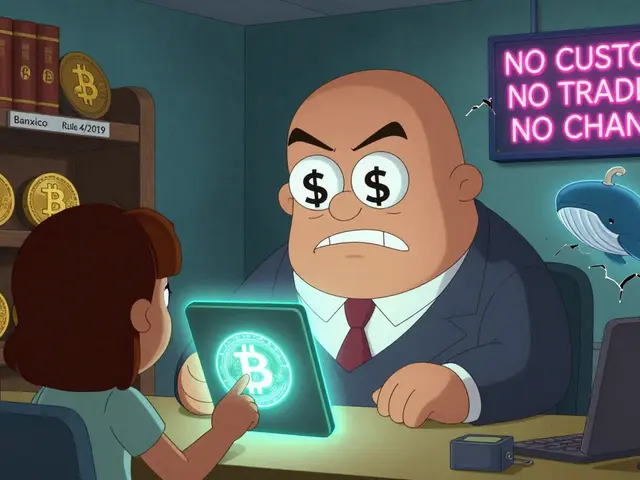
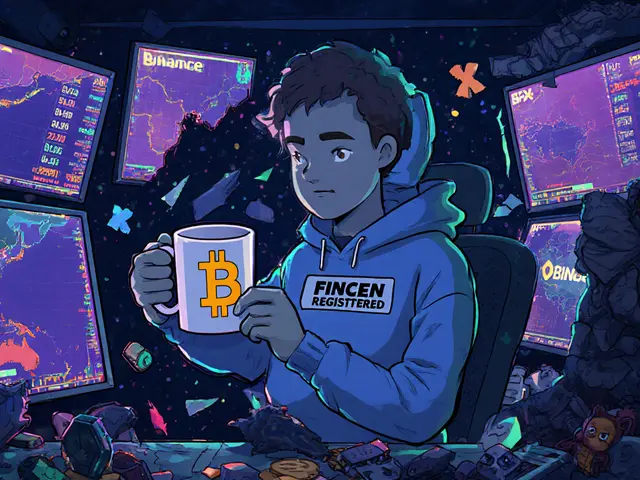
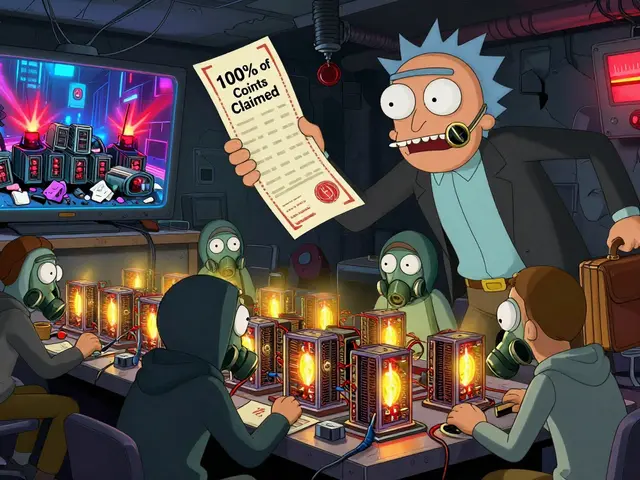
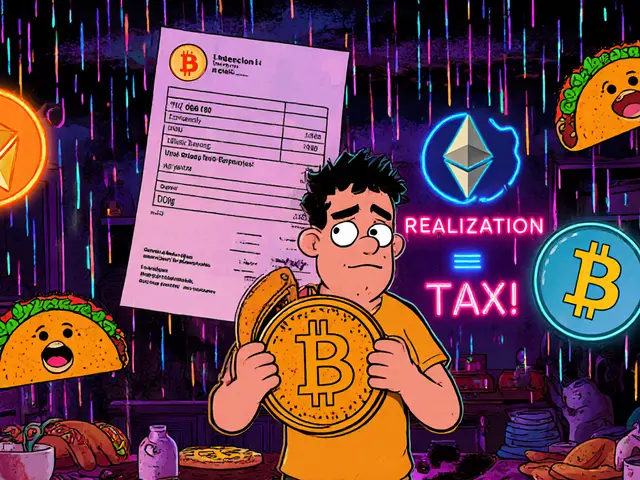
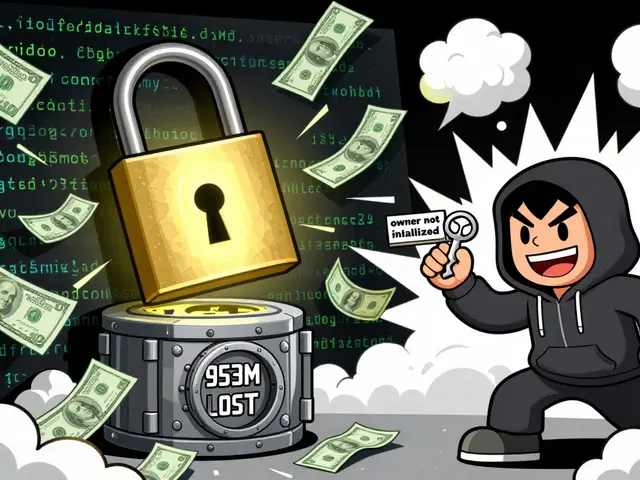
Brian Gillespie
This is actually one of the clearest breakdowns I’ve seen on carbon crypto exchanges.